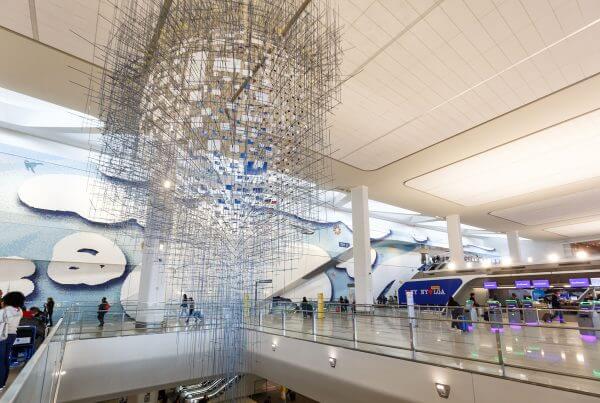Key Points
- USCIS reached a settlement on January 20, 2023, to benefit H-1B and L-1 visa spouses
- USCIS will bundle adjudication for Forms I-765, I-539, and Form I-129
- The settlement is designed to prevent a delay in employment authorization for dependent spouse applications
- H-4 spouses with lawful status will get an automatic employment authorization extension
Overview
On January 20, 2023, US Citizenship and Immigration Services (USCIS) reached a settlement that will benefit H-1B and L-1 visa spouses.
What are the Changes?
The settlement, which was reached in Edakunni v. Mayorkas, requires USCIS to bundle L-2, H-4, and H-4 EAD petitions with I-129 petitions. The settlement is intended to reduce processing times and delays, which negatively affected L-2 and H-4 spouses by delaying their employment authorization.
Specifically, the settlement will benefit petitioners with the following changes:
- Suspension of the biometrics requirement
- L-2 work authorization, incident to status
- H-4 EAD automatic extension (in cases where an H-4 extension has already been issued)
Following the settlement, USCIS will return to bundling the adjudication of Forms I-765 and I-539 for H-4 and L-2 derivatives, along with their Form I-129, in cases where those forms were filed together. USCIS will not bundle the adjudication when those forms are filed separately.
Once the change is implemented, H-4 spouses with lawful status can benefit from an automatic extension of their employment authorization after the expiration date if USCIS fails to process their applications on time. Additionally, L-2 spouses will no longer need to apply for work authorization and have employment authorization documentation to work in the US.
Looking Ahead
USCIS is expected to begin its new processing system on January 25, 2023.
Written by: Lucy Halse, Content Marketing Associate, Envoy Global
Edited by: Dmitri Pikman, Supervising Attorney, Corporate Immigration Partners
Source: Forbes






